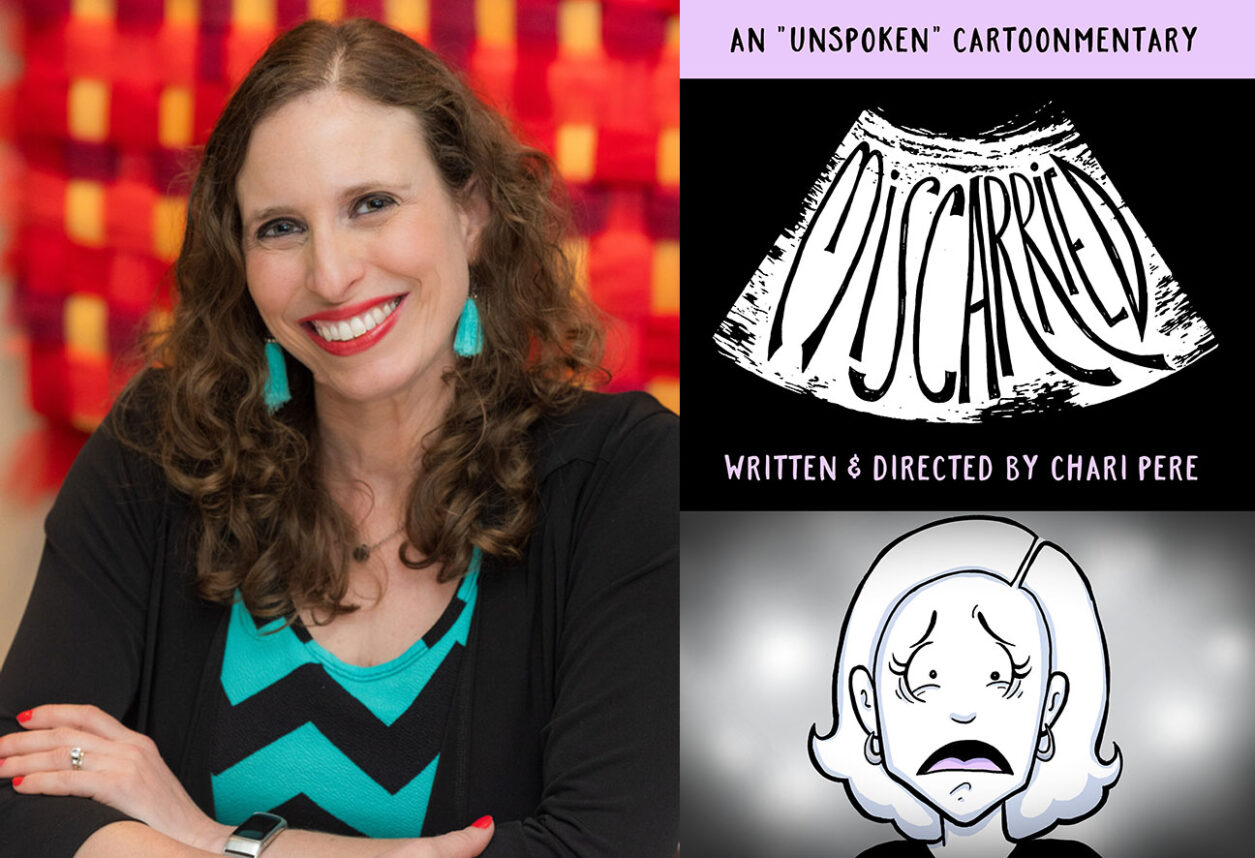My grandmother loved to tell family stories in which key details were changed. Sometimes she swapped out one time period or location for another. Sometimes key characters were replaced or motivations recast. More than slips of memory, these alterations were her way of putting the past into perspective, of teaching lessons and of casting a favorable light on the generations gone by. I lovingly called this trait “Nana’s revisionist history.”
In this week’s Torah portion, Parashat Devarim, Moses presents his own case of revisionist history. As he stands before the Israelites and recalls many of the events that took place during their wandering years, he includes the retelling of how, as the people grew in number, his task of serving as judge over all of their disputes proved to be too burdensome. As a result, he explains, he began delegating his authority to other able leaders. In the retelling, Moses says, “Thereupon I said to you, ‘I cannot bear the burden of you by myself’ ” (Deuteronomy 1:9). From Moses’ point of view, this was a story about him relieving himself of certain arduous tasks in order to become a more effective leader.
But when we compare Moses’ recollection of this experience to its first recounting in Exodus, it becomes evident that Moses skipped over some key elements of the narrative. First, according to the book of Exodus, Moses was not the one to realize that he was overwhelmed in his position of judge. It was his father-in-law, the Midianite priest Yitro, who took notice of his plight, inquired about his judging process and suggested a new way of managing the situation (Exodus 18:13-27). It was Yitro who said, “What is this thing that you are doing to the people? Why do you act alone, while all the people stand about you from morning until evening?” (Exodus 18:14). Second, from Yitro’s words, we realize that what Moses experienced as his own overburdened schedule was actually a much bigger issue. Moses may have been overburdened, but the people were also without justice — waiting all day to be heard.
In his retelling, Moses falls into two of the common pitfalls of people engaged in self-reflection: He fails to recall the significant input of others, and he places his own experiences at the center of a much larger narrative. Essentially, either way you slice it, Moses presents the past as being all about him.
And I wonder: What can we learn from Moses’ process of introspection? How might it inform our own soul-searching in the weeks ahead?
Parashat Devarim is always read on the Shabbat before Tisha B’Av, the 9th of Av, the day on which we commemorate the destruction of the First and Second Temples in Jerusalem. In this sense, Devarim serves as one of the gateways into the period of reflection preceding the High Holy Days.
The ancient rabbis teach that the Second Temple was destroyed because of sinat chinam, senseless hatred that existed between people (Yoma 9b). In the wake of destruction, people were asked to reconsider their place within their own societal narrative. In that generation, people failed to realize that their individual actions had very real repercussions on a more global level. In contrast to Moses, they failed to see that they were, in fact, at the center of a much larger narrative. In this case, the situation had everything to do with them.
And so, this week, we are presented with two moral lessons, which seemingly lead us to opposite conclusions. Both Moses and our Second Temple period ancestors remind us that, when looking backward, it is important for us to keep a sense of perspective regarding our own place in history. On the one hand, we are cautioned not to see our own stories and actions to the exclusion of others. On the other, we are reminded not to cede a sense of responsibility so completely that we fail to see the broader ramifications of our actions.
The real work of teshuvah comes when we are able to understand the difference between that in our past which was about us (mistakes made, hurts inflicted, etc.) and that which was not (actions taken by others, decisions made that affected us, the random and natural course of the universe, etc.). Our real learning lies in being able to differentiate between that which we could have changed and that which we could not.
At different points in our lives, each of us will be a Moses or a Second Temple-ite. Meaningful introspection comes when we are able to rise above these polarities. As the Serenity Prayer so wisely intones, “God grant me the serenity to accept the things I cannot change; courage to change the things I can; and wisdom to know the difference.”






















 More news and opinions than at a Shabbat dinner, right in your inbox.
More news and opinions than at a Shabbat dinner, right in your inbox.